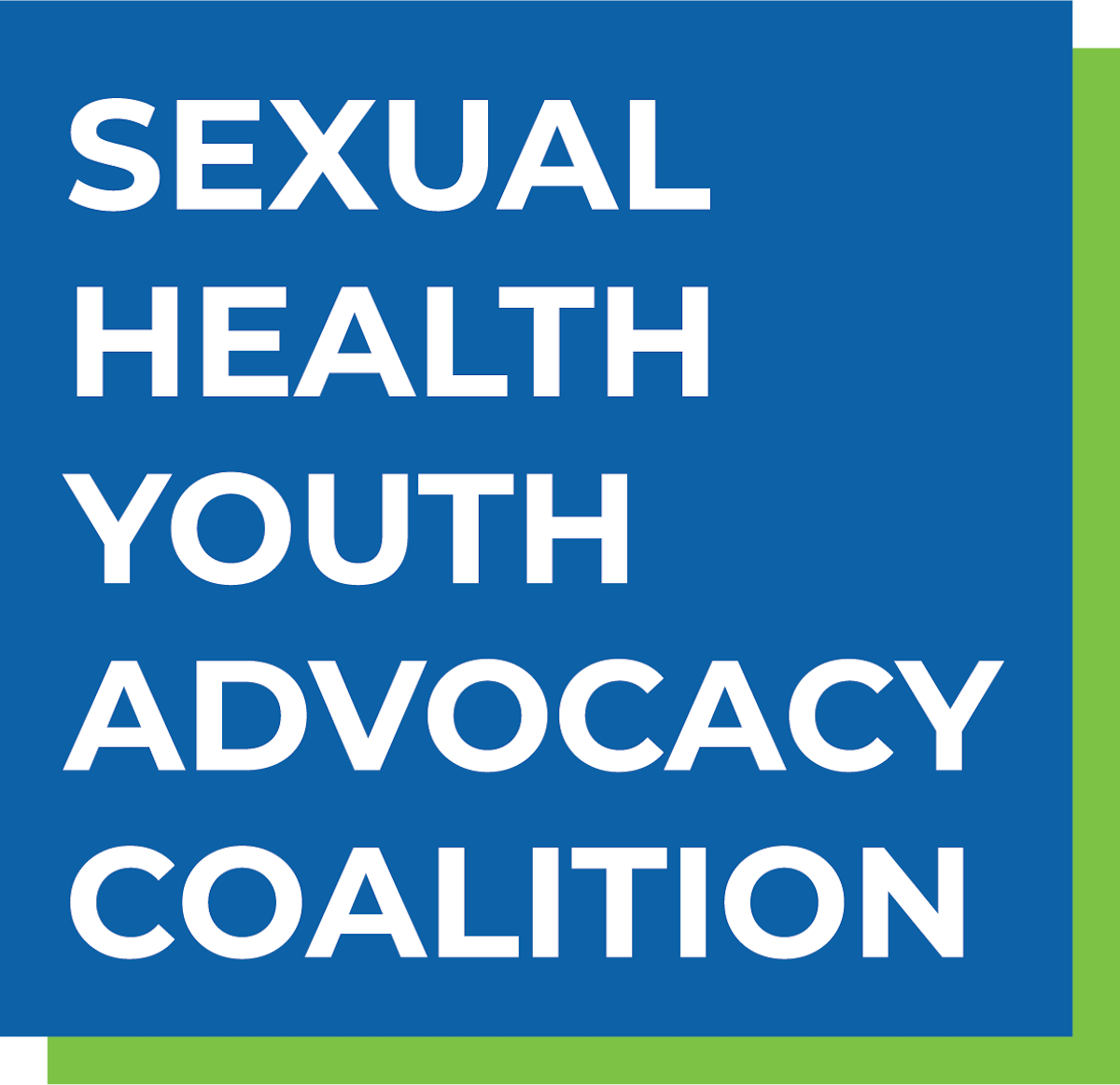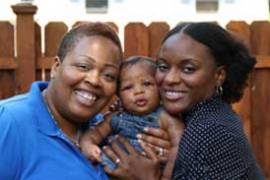In October 2017, leading organizations working on juvenile justice, adolescent sexual health policy, mass incarceration, and LGBTQ rights, came together with a shared purpose: to remedy the near-total absence of health care that addresses sexual development and the risks of infectious disease for youth in foster care and juvenile detention centers.
One year later, the Sexual Health Youth Advocacy Coalition (SHYAC) is marking Youth Justice Awareness Month with the release of a Consensus Statement on the Sexual Health Rights of Youth in State Custody.
The Consensus Statement invites state policymakers to collaborate with the coalition in developing policy and practice that ensures youth in their care and custody receive sound, inclusive sexual health care, consistent with prevailing medical standards and legal and ethical obligations.
The statement calls for additional training for residents and staff in youth congregate care and detention settings that is inclusive of youth of all sexual orientations, gender identities and expressions as a predicate to ending institutional violence.
“Law reform is increasingly recognizing the close relationship between public health, education and justice. The Sexual Health Youth Advocacy Consensus Statement reflects the interconnection between sexual health care, education and youth’s safety and well-being,” said Susan Vivian Mangold, Juvenile Law Center Executive Director. “Comprehensive and affirming sexual health care and education is more than prevention of sexual disease and unwanted pregnancy, it’s an essential part of the rights, dignity, equity, and opportunity that all youth in the child welfare and justice systems deserve.”
The statement reflects the growing understanding that sexual health care services are an essential part of basic health care, particularly for young people who rely on state agencies for their needs. At a minimum, sexual health services should include services and training on HIV and STI prevention; puberty and reproduction; contraception and family planning; sexual violence and healthy relationships; body image; and gender identity, gender expression, and sexual orientation.
Studies show that providing comprehensive sexual and reproductive health care education and services is smart adolescent and public health policy.
“Comprehensive, medically accurate, and affirming sexual and reproductive health education and care is vital to the physical and emotional health and safety of all LGBTQ youth," said Rebecca Isaacs, Executive Director for the Equality Federation. "State institutions that assume custody of our youth must assume the responsibility to recognize and respect their health rights by providing all necessary resources. As a member of the Sexual Health Youth Advocacy Coalition, we call upon state legislatures, juvenile justice institutions, immigration enforcement agencies, and child welfare authorities, to provide for the wellbeing and futures of LGBTQ youth in their care."
The lack of these services contributes to high rates of HIV, other STIs, and unplanned pregnancy; endemic levels of gender identity- and sexual orientation-based violence; and poor mental health outcomes. This is especially true for youth in state custody.
Yet even today few jurisdictions have state-wide policies guaranteeing these young people services that protect their sexual health and prevent abuse and inadequate care based on bias and misinformation.
“LGBTQ youth and youth of color are over-represented in child welfare and juvenile justice settings and these youth are among the most at risk for new transmission of HIV,” said Currey Cook, Director of the Youth in Out-of-Home Care Project at Lambda Legal. “Guaranteeing all youth, including LGBTQ youth, have access to SOGIE-inclusive and affirming sexual health information and services is a public health imperative and a critical missing element in ongoing battle to end HIV/AIDS.”
"The Campaign for Youth Justice supports this important statement issued by SHYAC regarding the safe sexual and reproductive health of LGBTQ youth in secure custody, including those charged as adults. This is responsible and preventive care for a vulnerable population of youth that are often over-represented and under-served,” said Marcy Mistrett, CEO of Campaign for Youth Justice.
While sexual health care and literacy programs are essential building blocks of a healthy adulthood, they also are legally required. “When a state decides to place a young person in custody, whether detention, jail, prison or foster care, it effectively assumes the responsibilities of a parent,” said Arpita Appannagari, National Community Outreach Coordinator with The Center for HIV Law and Policy. “That includes providing services that meet basic health care and health literacy needs to ensure well-being now and into adulthood.” She added, “Our coalition members believe it is our mission to hold state agencies accountable to the young people they are created to serve."





